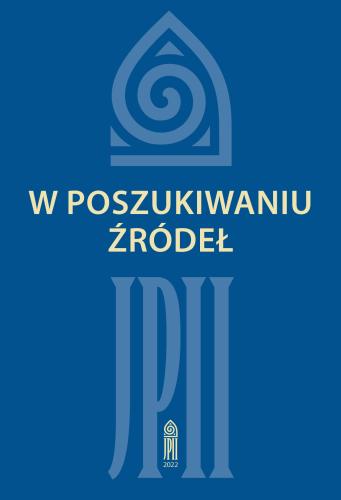Co zostało z idei europejskości Jana Pawła II?
Über dieses Buch
After a brief overview of Karol Wojtyła’s and John Paul’s concept of Europe, it is time to ask: What remains of it today? Does Europe, as envisioned by the the Pope, still embody the essence of Europe? First, the problem arises according to what criteria to answer this question? It seems that these could be the components of Europe presented above and distinguished by the Pope himself: a sense of spiritual brotherhood, openness to other cultures and a new axiology, including the proclamation of the transcendent dignity of the human person, the value of reason, freedom, democracy, the rule of law and the separation between politics and politics, and religion. It should be noted right away that some of these criteria, such as the dignity of the human person or the commandment balancing the norms of law, were at the dawn of Europe and formed the foundations of the crystallizing continent. However, at the same time, there are criteria such as democracy and the separation of politics and religion that have become apparent in the relatively recent past. Hence the conclusion is that these criteria should not be applied in an absolute way, i.e. in such a way that all, without exception, would be implemented. Another problem concerns the study of the subject, i.e. what these criteria should be used for. The task would be easier if Europe were some fixed, finite, and already static deposit. Our continent is in a constant process influenced by various factors. Of course, from the point of view of the theology of history, it can be assumed that such facts as the shrinking of Christianity and the smaller number of authentic disciples of Christ on the continent make God’s influence on human history even smaller. Moreover, the diminishing impact of genuine Christians with their respect for the dignity of every human being may make their selfless, sacrificial love unbalanced by laws that will ultimately protect only the strongest and wealthiest. Moreover, love, which once replaced violence in social relations, will disappear in favour of the Code of Hammurabi and the principle of “an eye for an eye and a tooth for a tooth”. Of course, the criteria mentioned above of Europeanness can also be applied to individuals, to ourselves. Then these criteria become points of reference for our examination of conscience: To what extent am I European? By referring this question to yourself, knowing yourself and your intentions, it would be easier to answer. Observing everything that is happening around us today, it is impossible to escape the question: How much Europe is there in Europe? Perhaps it evokes associations with a joke question from a famous Polish comedy from years ago: “How much sugar is in sugar?”. We know, that in Dante’s era, any piece with a happy ending was called a comedy. From the theological standpoint, Europe and its history, regardless of their current state, can be compared a comedy as they encompass not just a human element but also a divine one. Furthermore, this second element, from the event of the Resurrection of Jesus Christ, makes it ultimately a Divine Comedy.



